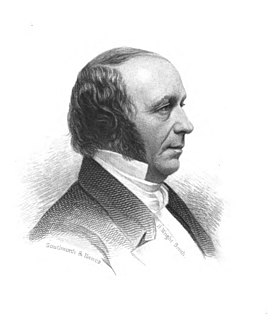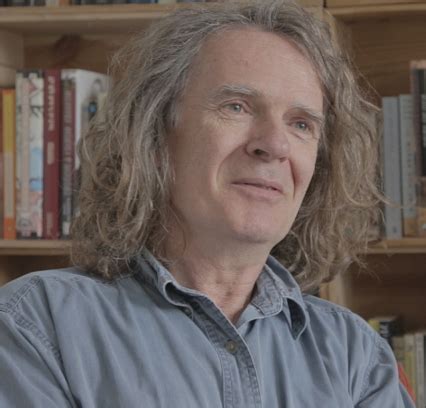A Quote by Derek R. Audette
In a world where God does not exist, any reasonable person must see that the propensity toward selfishness should be the most venerated of all human traits. From this it stands to reason that any man, knowing the total expanse of his existence to be finite, who does not devote every moment of his life to acts of pure selfishness, must be seen as nothing more than a fool.
Related Quotes
Satan had two conditions [to his plan]: the first was the denial of agency, and the second, that he would have the honor. In other words, something had to be in it for him. And thus he became the father of lies and selfishness. Taking up one's cross and following the Savior means overcoming selfishness; it is a commitment to serve others. Selfishness is one of the baser human traits, which must be subdued and overcome. We torture our souls when we focus on getting rather than giving.
A man follows the path laid out for him. He does his duty to God and his King. He does what he must do, not what pleases him. God's truth, boy, what kind of world would this be if every man did what pleased him alone? Who would plough the fields and reap the harvest, if every man had the right to say, 'I don't want to do that.' In this world there is a place for every man, but every man must know his place.
The faithful man perceives nothing less than opportunity in difficulties. Flowing through his spine, faith and courage work together: Such a man does not fear losing his life, thus he will risk losing it at times in order to empower it. By this he actually values his life more than the man who fears losing his life. It is much like leaping from a window in order to avoid a fire yet in that most crucial moment knowing that God will appear to catch you.
...art must must carry man's craving for the ideal, must be an expression of his reaching out towards it; that art must give man hope and faith. And the more hopeless the world in the artist's version, the more clearly perhaps must we see the ideal that stands in opposition - otherwise life becomes impossible! Art symbolises the meaning of our existence.
Every being has its own interior, its self, its mystery, its numinous aspect. To deprive any being of this sacred quality is to disrupt the total order of the universe. Reverence will be total or it will not be at all. The universe does not come to us in pieces any more than a human individual stands before us with some part of his/her being.
If we can keep our minds calm on the subject of the "Eternity of God," if reason does not totter on her seat at the contemplation of underived existence, it will be strange if any other mystery relating to God should disturb us. He who can bring his reason to bow reverently at the idea of a Being who had no beginning, is well prepared to receive any communication of His will.
Christianity is not just involved with "salvation", but with the total man in the total world. The Christian message begins with the existence of God forever, and then with creation. It does not begin with salvation. We must be thankful for salvation, but the Christian message is more than that. Man has a value because he is made in the image of God.
It is not a man's duty, as a matter of course, to devote himself to the eradication of any, even the most enormous wrong; he may still properly have other concerns to engage him; but it is his duty, at least, to wash his hands of it, and, if he gives it no thought longer, not to give it practically his support. If I devote myself to other pursuits and contemplations, I must first see, at least, that I do not pursue them sitting upon another man's shoulders.
It is an insult to God to believe in God. For on the one hand it is to suppose that he has perpetrated acts of incalculable cruelty. On the other, it is to suppose that he has perversely given his human creatures an instrument - their intellect - which must inevitably lead them, if they are dispassionate and honest, to deny his existence. It is tempting to conclude that if he exists, it is the atheists and agnostics that he loves best, among those with any pretensions to education. For they are the ones who have taken him most seriously.
God's wrath is not an implacable, blind rage. However emotional it may be, it is an entirely reasonable and willed response to offenses against his holiness. But his love . . . wells up amidst his perfections and is not generated by the loveliness of the loved. Thus there is nothing intrinsically impossible about wrath and love being directed toward the same individual or people at the same time. God in his perfections must be wrathful against his rebel image-bearers, for they have offended him; God in his perfections must be loving toward his rebel image-bearers, for he is that kind of God


































